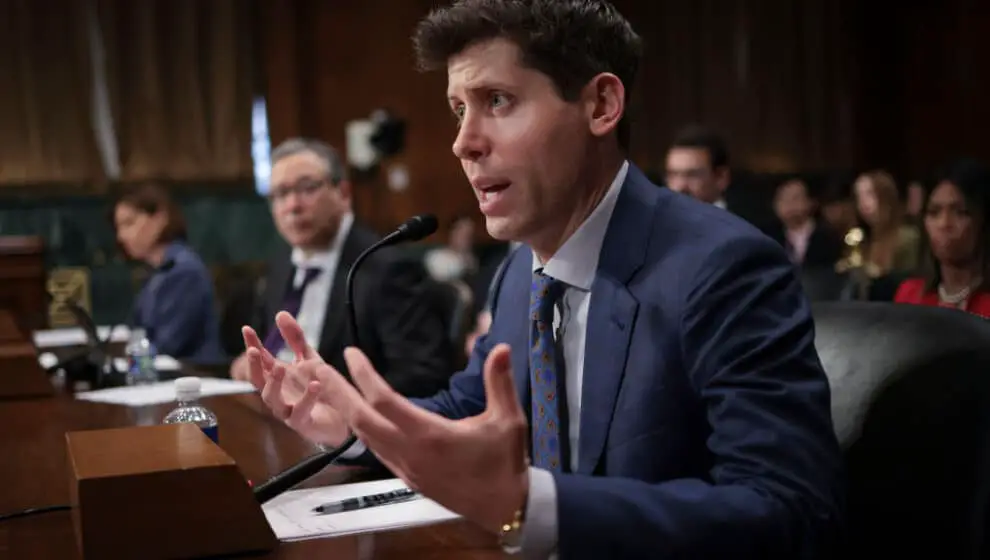OpenAI CEO Sam Altman spoke before a Senate Judiciary Subcommittee hearing on Tuesday to discuss the good and bad of artificial intelligence (AI)—and call for greater regulation.
Key Details
- Altman faced a long series of severe criticisms and concerns from Congressional representatives, with Senator John Kennedy (R-LA) directly asking him to “talk in plain English and tell us what rules to implement.”
- Altman repeatedly addressed misconceptions about the potential of AI, arguing that the technology functions as a tool and cannot perform complex tasks, thus making fears of job replacements unlikely.
- He surprised Congress by “pleading” for regulation and saying he welcomes it amid fears that the industry is already outpacing regulators—a move Senator Dick Durbin (D-IL) called “historic.”
- Altman encouraged the creation of a government agency that would create rules and licensing for higher-level AI systems, Axios reports.
Why It’s News
Sam Altman sits in a precarious position as the head of a company that has completely changed the world in the past six months. OpenAI released ChatGPT on November 30, and the technology has already skyrocketed past 100 million subscribers and been implemented into dozens of technologies in that time—including Microsoft’s Bing search engine.
Altman has struck a cautious tone in the months since, alternating between optimistic outlooks that the technology will change the world for the better and more reserved concerns and fears that his AI could destroy humanity. “My worst fear is we cause significant harm to the world,” Altman told Congress.
Congress is already eager to act on regulations, with Senate Majority Leader Chuck Schumer having already taken the lead in advancing regulations. Senator Richard Blumenthal (D-CT) told Altman that Congress is eager to act and avoid facing the fallout of not taking action. “We have an obligation to do it on AI before the threats and the risks become real.”
Numerous tech leaders and watchdogs have publicly called for AI regulations or government-mandated halts on AI innovation amid concerns that the technology’s potential is spiraling out of control and could result in people being harmed.
